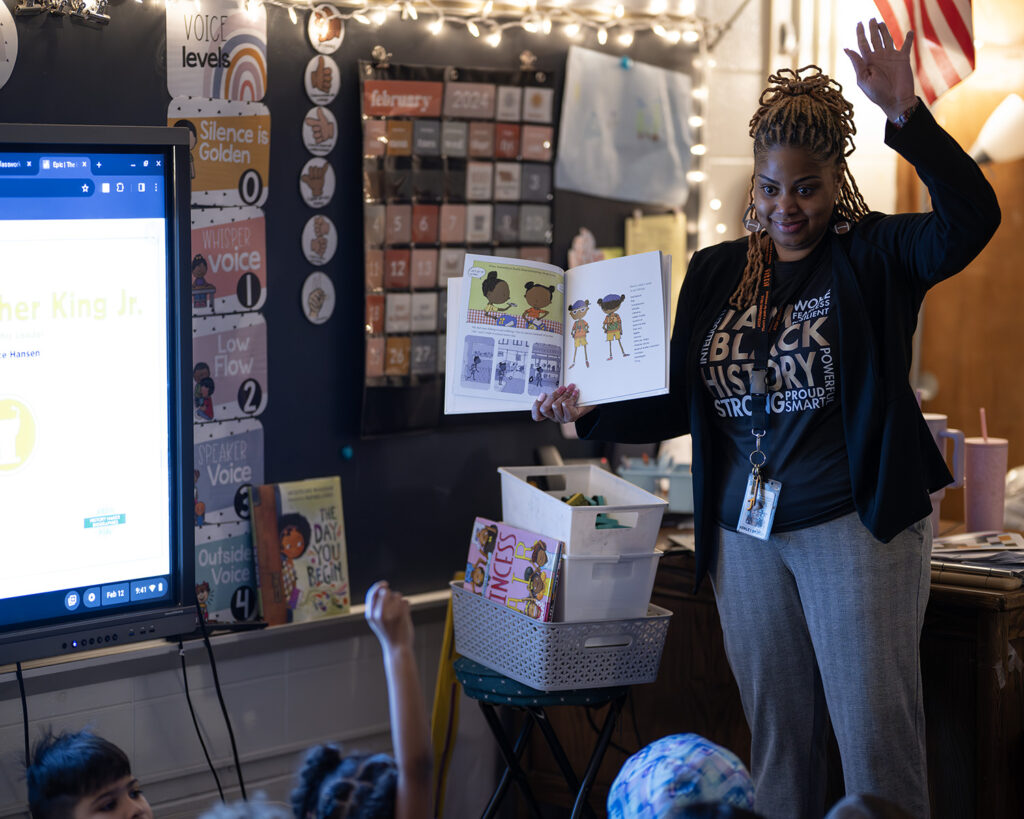Wednesday, June 19, 2024, is Juneteenth, the oldest nationally celebrated commemoration of the ending of slavery in the United States.
The holiday received its name by combining June and 19. The day is also sometimes called “Juneteenth Independence Day,” “Freedom Day,” or “Emancipation Day.” On June 19, 1865, Major General Gordon Granger led Union soldiers into Galveston, Texas, with news that the Civil War had ended and slavery was abolished—two years after the Emancipation Proclamation. This is known as “General Order No. 3.”
President Lincoln’s edict had little impact on the people of Texas since there were few Union troops around at the time to enforce it. But with the surrender of General Robert E. Lee in April 1865 and the arrival of General Gordon Granger’s regiment in Galveston, troops were finally strong enough to enforce the executive order. Newly freed men rejoiced, originating the annual “Juneteenth” celebration, which commemorates the freeing of the slaves in Texas.
Although Juneteenth has been informally celebrated each year since 1865, it wasn’t until June 3, 1979, that Texas became the first state to proclaim Juneteenth an official state holiday. On June 17, 2021, President Joseph R. Biden, Jr. signed into law the bill that established Juneteenth National Independence Day, June 19, as a legal public holiday.
Here are some related resources you may find interesting.
NCTE Events
Watch these Juneteenth celebration events reflecting on liberatory literacies featuring members of NCTE’s Black Caucus.
- “Literacies as Freedom Tickets: Black Caucus Scholars Reflect on the Texts That Set Them Free,” 2021
- “Literacies as Liberation: Black Caucus Scholars Reflect on Liberatory Teaching and Texts,” 2022
- “Liberatory Literacies: Teaching Multimedia and the Arts,” 2023
Part of the NCTE Standing Committee on Diversity and Inclusivity’s charge is the duty to “foster diversity and inclusivity among members and potential members, including (but not restricted to) in terms of race, ethnicity, sex and gender identity, age, economic status, physical ability, and teaching circumstances.” Members of the committee Dywanna Smith and Jarvais Jackson brought their expertise on this subject to this three-part webinar series.
- “Introduction to Fat Phobia and Anti-Blackness in K-12 and Teacher Educatioon”
- “Countering Racism and Fat Phobia through Literaturre”
- “Lessons I Learned the Hard Way: Radical Black Love to (Re)imagine Fat in the ELA Classroom: Teaching Strategies and Resources”
“There’s Always This Year: On Basketball and Ascension“–Hanif Abdurraqib, author, poet, and cultural critic, explores his lifelong love of the game and what it means to make it, who we think deserves success, the tension between excellence and expectation, and the very notion of role models, all of which he expertly weaves together with intimate, personal storytelling.
Activity Ideas and Lesson Plans
- This calendar entry from ReadWriteThink.org provides activity ideas and resource links.
- In this ReadWriteThink activity, students use a Venn diagram to compare Juneteenth celebrations to Fourth of July celebrations and hypothesize about the differences.
NCTE Resources
- “Ways to Recognize Juneteenth”
- “The Missing Piece to Our Nation’s History: African American History Is American History”—a blog post from Malaika Nyende, an eleventh-grade student in Southern California
- “Build Your Stack with NCTE Children’s Book Award–Winning Titles for the African American Read-In”—a blog post from Build Your Stack®, an initiative focused on helping teachers build their book knowledge and their classroom libraries
- “Black History Belongs in Early Elementary School”—this piece was written by NCTE member Wintre Foxworth Johnson, reprinted with permission from EdWeek
- “Build Your Stack®: Antiracist Books for Your Curriculum Today“—a blog post from the NCTE Committee Against Racism and Bias in the Teaching of English
- Resources to Help You Continue the Conversation (based on the NCTE event Stamped: A Conversation on Racism from the Authors of the New York Times Bestseller Stamped: Racism, Antiracism, and You)
- “Being an Antiracist Educator Is a Verb”—a blog post from the NCTE Committee Against Racism and Bias in the Teaching of English
- NCTE Statement on Anti-Racism to Support Teaching and Learning
How are you planning to recognize Juneteenth? Please share with NCTE on social media!

